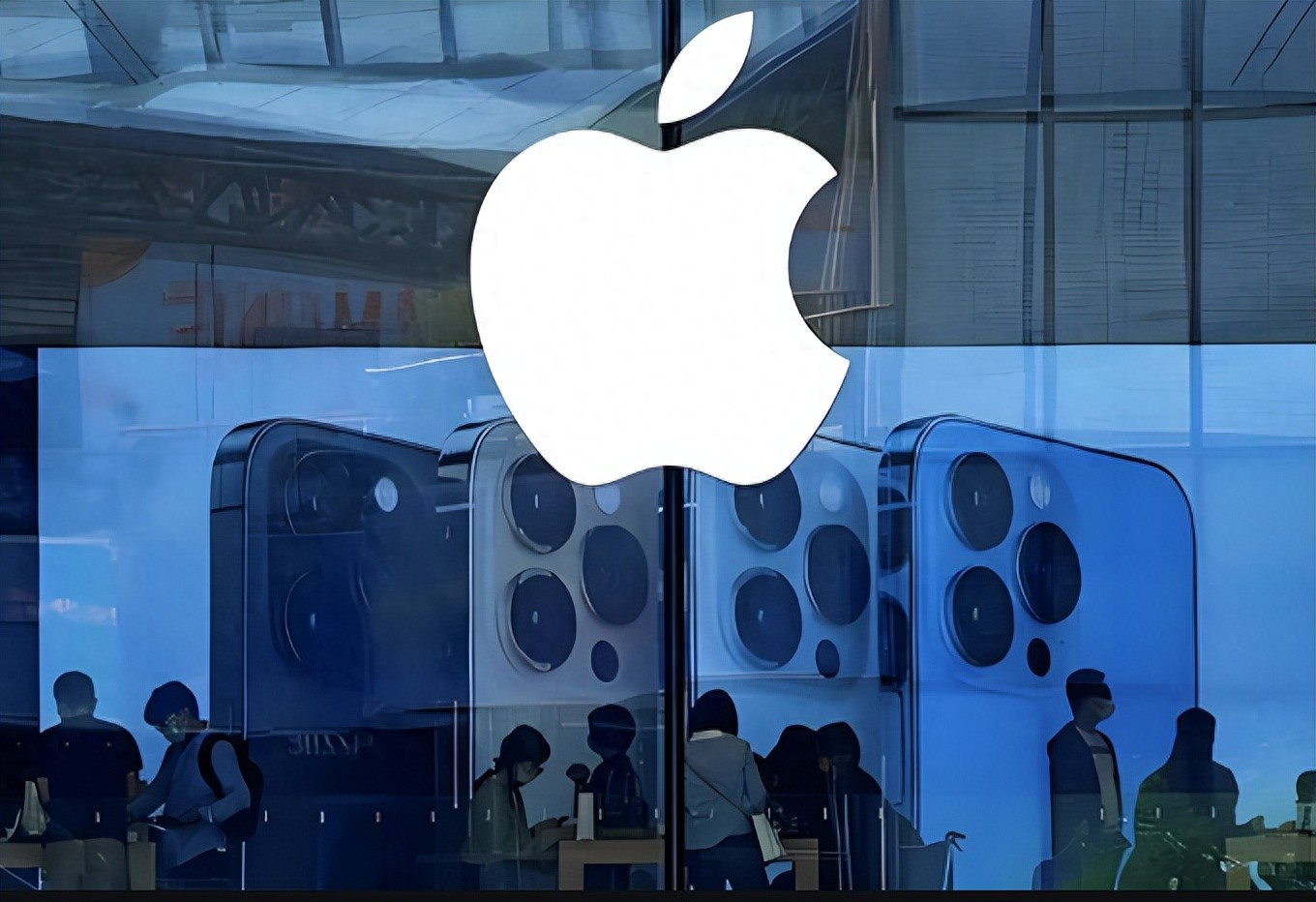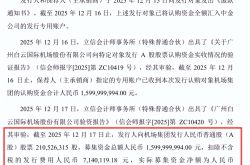Apple Misses Out on Major Smartphone Market Rebound in 2024, Chinese Brands Emerge as Top Competitors
![]() 11/27 2024
11/27 2024
![]() 712
712

According to an independent study by market tracker International Data Corporation (IDC), the global smartphone market rebounded strongly in 2024 after two consecutive years of decline. However, Apple Inc. (AAPL.O/US) performed poorly during this rebound, achieving almost no growth, highlighting the rapid rise of Android-based competitors in China and emerging markets.
The IDC report notes that smartphone shipments by Apple and its competitors will increase by 6.2% to 1.24 billion units by 2024. However, against this backdrop of overall growth, iPhone sales are expected to grow by only 0.4%, far below the market's overall growth rate. This data serves as a wake-up call for Apple, indicating that its competitiveness in the global smartphone market is facing severe challenges.
Despite its poor sales performance, Apple maintains a leading position in terms of profit. IDC estimates that Apple's average selling price (ASP) exceeds $1,000 so far, while the ASP of its Android competitors is around $295. This reflects Apple's strong performance in the high-end smartphone market. Despite sluggish sales growth, high selling prices and a strong brand influence have enabled Apple to maintain a high profit level.
In the third quarter of 2024, the global smartphone market saw another surge in prices, with an average selling price of $349, a record high. Against this backdrop, Apple successfully captured market share with its strong brand influence and high-end product strategy. The continued popularity of the iPhone Pro series not only drove the company's revenue growth but also reinforced its leadership position in the high-end phone market. However, this success failed to mask Apple's sluggish overall sales growth.
Analysts believe that Apple's miss on the major smartphone market rebound in 2024 may be related to its market positioning and product strategy. As consumer demands change and technology advances, the trend towards high-end smartphones becomes increasingly apparent. However, Apple's pace of innovation seems to be unable to keep up with the market, making it struggle to compete with Android rivals.
Apple Faces Significant Market Challenges
In recent years, Apple's position in the global smartphone market has faced unprecedented challenges. According to the latest market data, Apple's smartphone sales declined significantly in 2024, especially in the Chinese market, where its market share was quickly eroded by domestic phone brands.
In the first quarter of 2024, iPhone sales plunged 19% year-on-year, sounding the alarm for Apple's declining performance. Entering the second quarter, Apple shockingly fell out of the top five sales rankings in the Chinese market.
Especially during the "Singles' Day" shopping festival, Apple unusually discounted the iPhone 16 on its official channels, but this measure failed to reverse the declining sales trend. According to data released by JD.com, Xiaomi replaced Apple as the champion in cumulative sales of all brands during this year's "Singles' Day".
Apple's dilemma in the Chinese market is not only reflected in sales but also in the shaking of its brand status. In the past, the iPhone was synonymous with innovation and luxury, but now, this image is being challenged by domestic brands such as Huawei, Xiaomi, OPPO, and vivo in the Chinese market.
These domestic brands have won the favor of a large number of consumers with excellent product design and strong technical strength. Compared to Apple, they have advantages in innovation, disruptive technology, and pricing, satisfying users' pursuit of novelty and personalization.
Moreover, Apple's security risks worldwide have become a significant cause of its market dilemma. Although the Beirut explosion was not directly related to Apple, it sparked widespread concerns about the safety of electronic products. Apple's supply chain is vast and complex, and without rigorous safeguards, product quality and safety may be compromised.
Especially in the Chinese market, information security issues are particularly sensitive, and consumers are increasingly aware of personal privacy protection. Although Apple boasts about the security and privacy protection capabilities of its products, ensuring user data security and privacy in a fiercely competitive market and complex network environment has become a critical issue it must address.
Looking back at Apple's tumultuous year, it is evident that only brands that continuously innovate and progress can remain invincible in a highly competitive market.
Chinese Smartphone Brands Emerge as Apple's Biggest Competitors
The rise of Chinese smartphone brands in the global market has become an undeniable phenomenon in recent years. With continuous technological advancements and increasing consumer demand for high-quality phones, Chinese brands such as Huawei, Xiaomi, OPPO, and vivo have successfully attracted a large number of consumers with their excellent product performance, innovative design, and reasonable pricing strategies. Especially in the Chinese market, they have become Apple's biggest market competitors.
According to the latest market data, competition in the Chinese smartphone market was fierce in 2024. During critical periods such as the sales peak after the National Day holiday and the Double 11 promotion, Chinese phone brands demonstrated strong market competitiveness. For example, in the 41st week of 2024 (October 7 to October 13), although Apple's market share reached 26.54%, it was no longer the market leader, surpassed by many Chinese phone brands. This change indicates that the status and influence of Chinese phone brands in the Chinese market are continuously rising.
Furthermore, Chinese phone brands have made significant progress in the high-end smartphone market. Brands like Huawei and Xiaomi have successfully attracted the attention of high-end consumers with their innovations in imaging, performance, and design. In particular, Huawei's Mate series and P series flagship phones have performed strongly in the market, with significant year-on-year growth in shipments, further consolidating their position in the high-end market. Meanwhile, Xiaomi has also increased its investment in the high-end market, launching several high-performance flagship phones and achieving impressive market performance.
Notably, Chinese phone brands are not only strong in the Chinese market but also demonstrate robust competitiveness in the global market. According to data from market research agencies, global smartphone shipments reached 307 million units in the third quarter of 2024, a year-on-year increase of 2%. Among them, Samsung and Apple ranked first and second, respectively, but Chinese brands Xiaomi, OPPO, and vivo also entered the top five, occupying a significant market share. This achievement fully demonstrates the competitiveness and influence of Chinese phone brands in the global market.
The rise of Chinese phone brands is inseparable from their continuous technological innovation and quality improvement. In recent years, Chinese phone brands have significantly increased their investment in research and development, launching numerous innovative technologies and products. For example, Huawei has made important breakthroughs in imaging technology, 5G communication, and the HarmonyOS operating system; Xiaomi has continuously innovated in performance optimization, photography technology, and AI intelligence; OPPO and vivo have demonstrated strong R&D capabilities in fast charging technology and screen technology. These innovations have not only improved the product performance and quality of Chinese phone brands but also won the trust and reputation of consumers.





